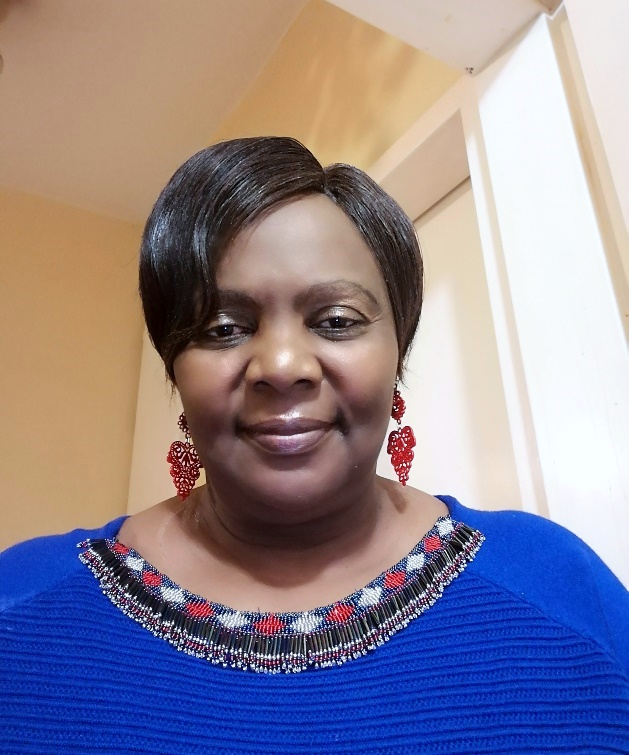With global challenges such as COVID-19, climate change, growing poverty and inequality the work of INERELA+ is more important than ever. Progress in the global HIV response is slowing, and in too many countries we are even seeing rising infections. One of the most glaring disparities of the AIDS response to date is the failure to provide life-saving treatment to children and adolescents living with HIV. While 81% of pregnant women living with HIV and 76% of adults overall were receiving antiretrovirals in 2021, only 52% of children (0-14 years) were accessing ART. There is also a significant treatment coverage gap in adolescents 15-19 years. Although data in this population is limited, among 21 sub-Saharan countries reporting in 2021, only 55% of adolescents were on treatment. Stigma, discrimination, punitive laws and policies, violence and entrenched societal and gender inequalities hinder access to care for women, adolescents, and children. The 2025 targets are in danger, and only bold actions can enable the curve of new infections to be pulled down. New approaches are needed to drive global change and we commit to using our global network’s reach and resources effectively by listening, thinking, and acting differently, as well as by being open to learning and adapting along the way.
Given the critical need to grow and strengthen Country Networks, the Secretariat invested into the phase two of our digitalisation program which saw 15 Country Networks moving to Office 365 by working closely with Phambano Technology and MCE Solutions. Investment in organizational resilience is an investment in the infrastructure of hope and we therefore paid special attention to organisational resilience by setting up a collaboration hub at the Secretariat which will give INERELA+ Country Networks and Partners a space to connect, share lessons, failures, successes, expertise, knowledge and learn together. A compendium of lessons learnt and promising practices from the field was put together and uploaded on our website under the news and media page. Funds were disbursed to Country Networks so they can develop print and distribute IEC materials in vernacular languages. A pipeline of youth leaders from six Country Networks were virtually trained on different modules in life skills from the 5th to the 7th of July 2022 to ensure the equipping of effective leaders as we collectively boost their mental health and stronger communities of hope and compassion.
In all its dimensions, the war in Ukraine is producing a downward spiral effect on a world economy already battered by COVID-19 and the climate crisis, with particularly dramatic headwinds on developing countries. The number of those facing acute food insecurity has more than doubled. Food prices are currently at their highest since records began 60 years ago. (The UN Food Prices Index tracks the world’s most-traded food commodities measuring the average costs of cereal, vegetable oil, dairy, meat, and sugar.) Prices of food, energy, and fertiliser have rapidly risen, given the leading role of Russia and Ukraine in these markets.
The climate crisis is a challenge of the century and reminder of the intimate and delicate relationship between people and the planet. The emergency is not just another issue — it’s an era. Any efforts to make our world safer are doomed to fail unless they address the critical interface between people and pathogens, and the existential threat of climate change that is making our Earth less habitable. Scientific reports describe increasingly pessimistic scenarios. All experts agree on one thing: we are in a race against time. A race to try to preserve our natural habitat in all of its beauty and diversity, to protect our ecosystems and natural resources and to pass them on to future generations. A race to mitigate the destructive effects of climate change and find the most appropriate innovative solutions. The disruptions caused by climate change are already part of our daily lives and trigger social, political, geopolitical, and humanitarian upheavals. The climate crisis is not only threatening our ecosystems, it is also undermining fundamental rights, widening inequalities, and creating new injustices. That is why ethical imperative must guide our action. We need leaders who can reimagine these unsolved problems as opportunities to eradicate the high poverty levels and protect the environment. Beyond the political and legal agreements essential to preparing for the future, change involves a shift in mindset, a different way of considering the place of humans in nature. As we emerge from challenges, the rebuilding work needs us to bring clarity amidst chaos to those around us.
Proverbs 4:25 encourages us: “Let your eyes look directly forward, and your gaze be straight before you.” Being able to maintain our ‘focus’ at the moment starts by keeping our eyes on Jesus, the author and perfecter of our faith. We then reflect His unconditional love to others who are so dependent upon the confidence and certainty we can give them.
Progress happens when we come together and unleash the power of our movement. As we therefore work together to engender hope and compassion to those around us, let’s allow our distinctive voice to honour God and His agenda within this current context.
I like to take a more optimistic view and my view is “Our world needs our ‘focus”.
Enjoy the reading!!!!!

